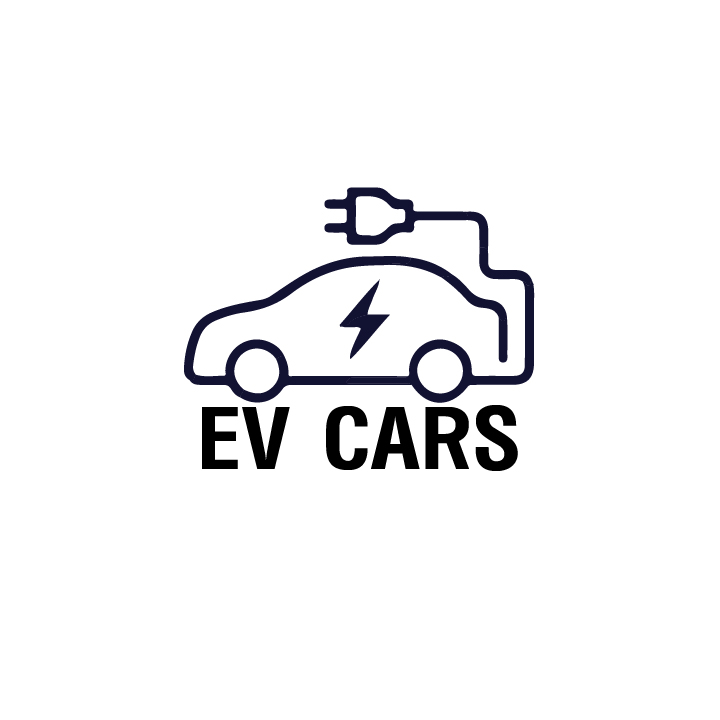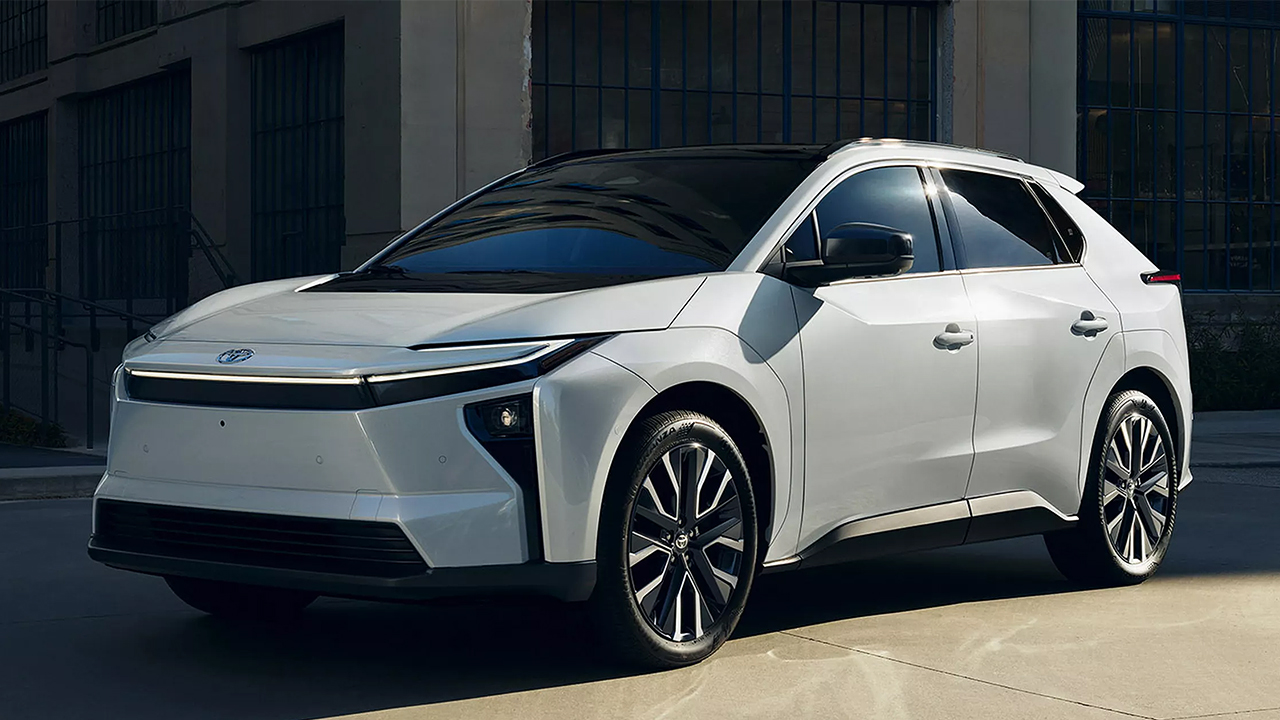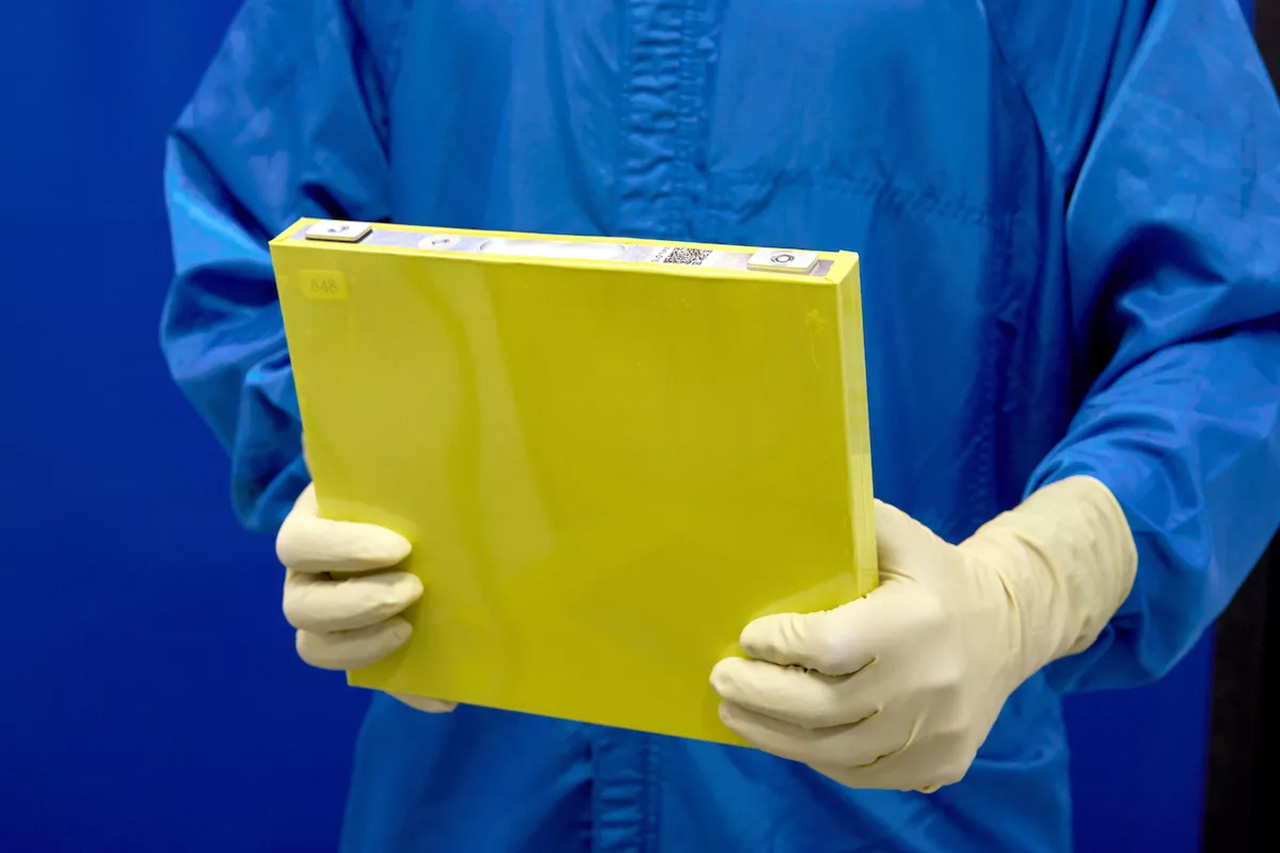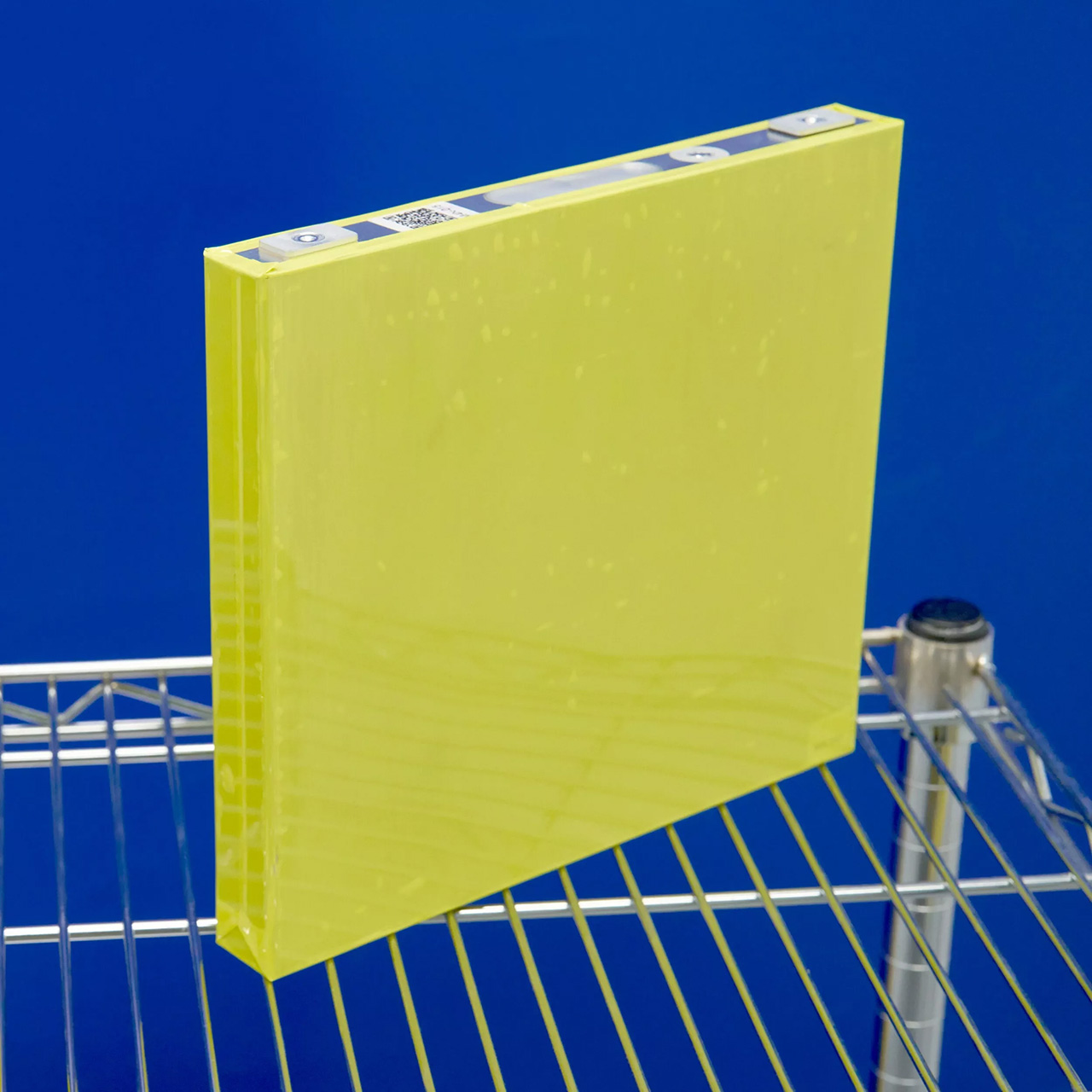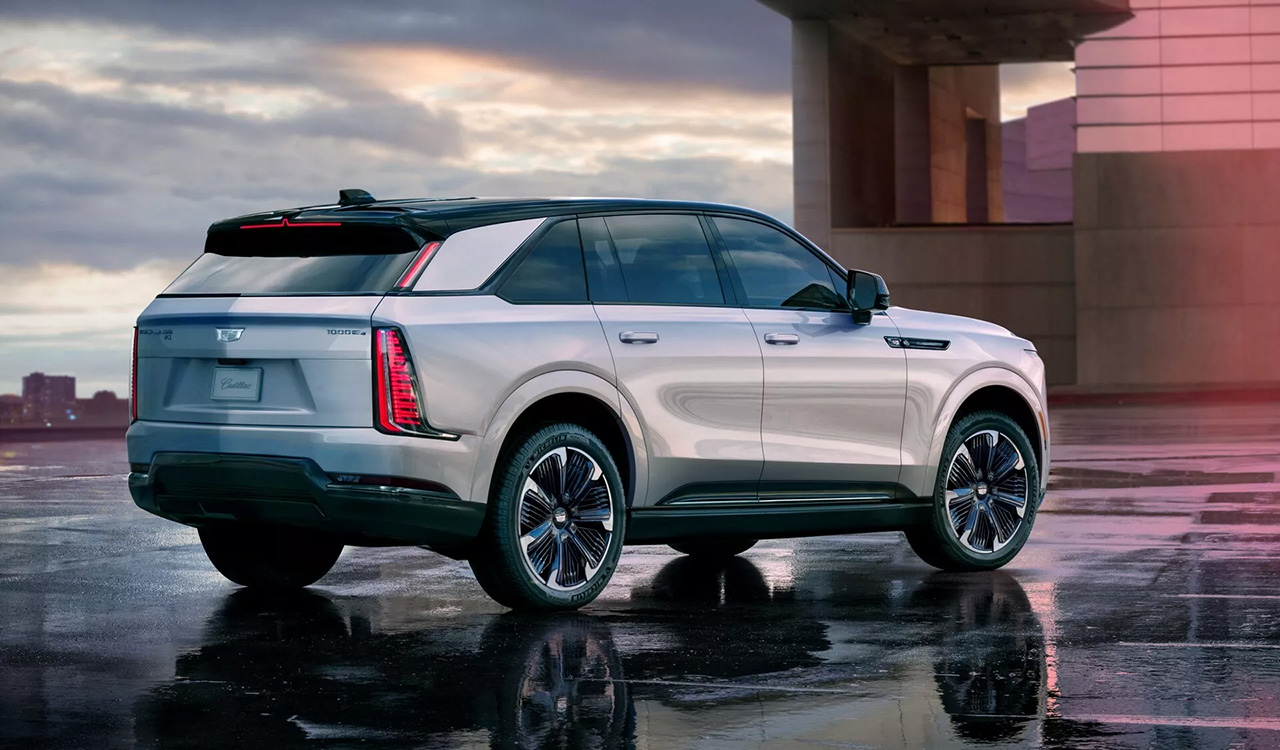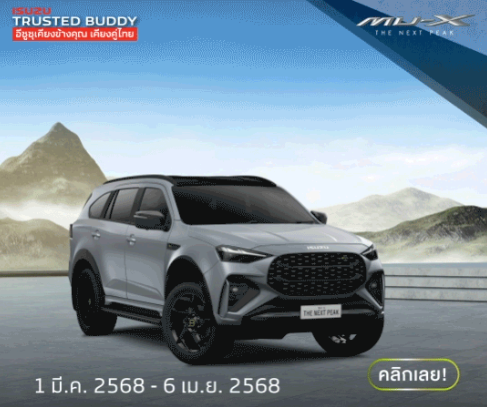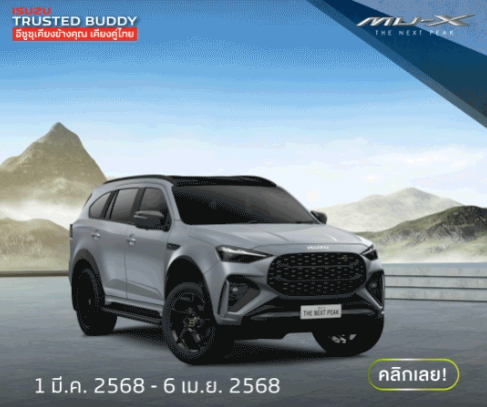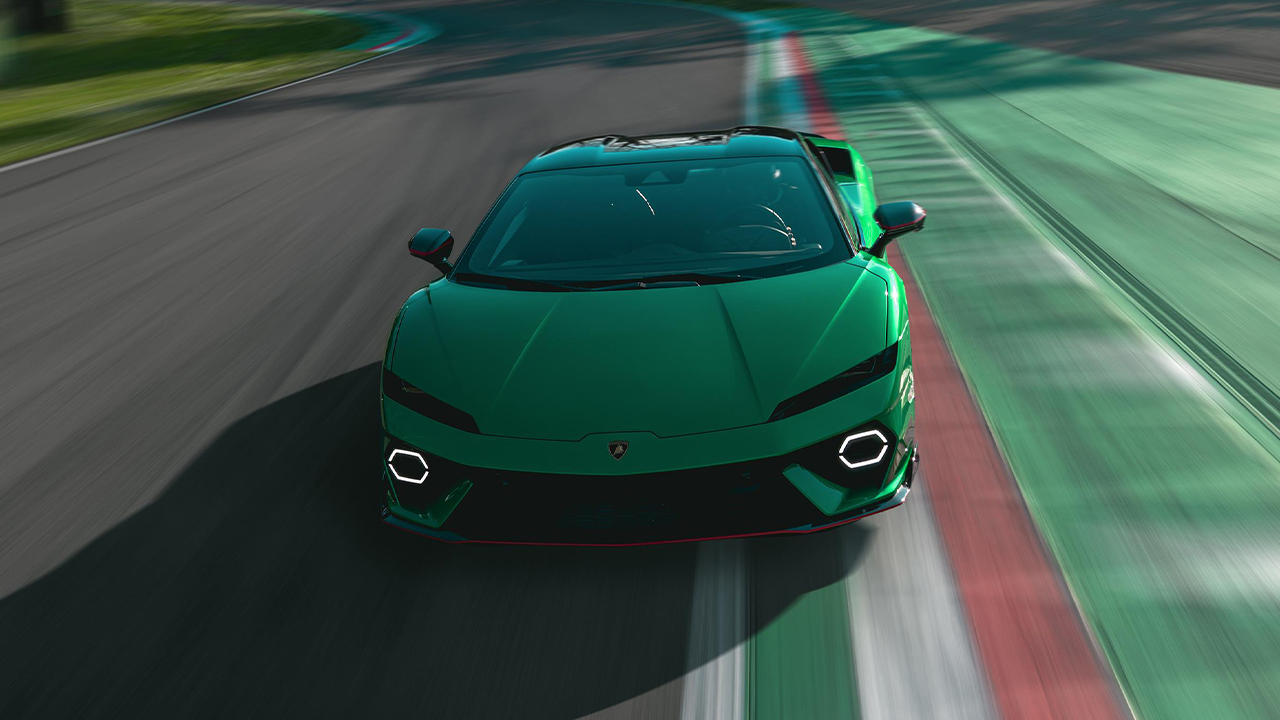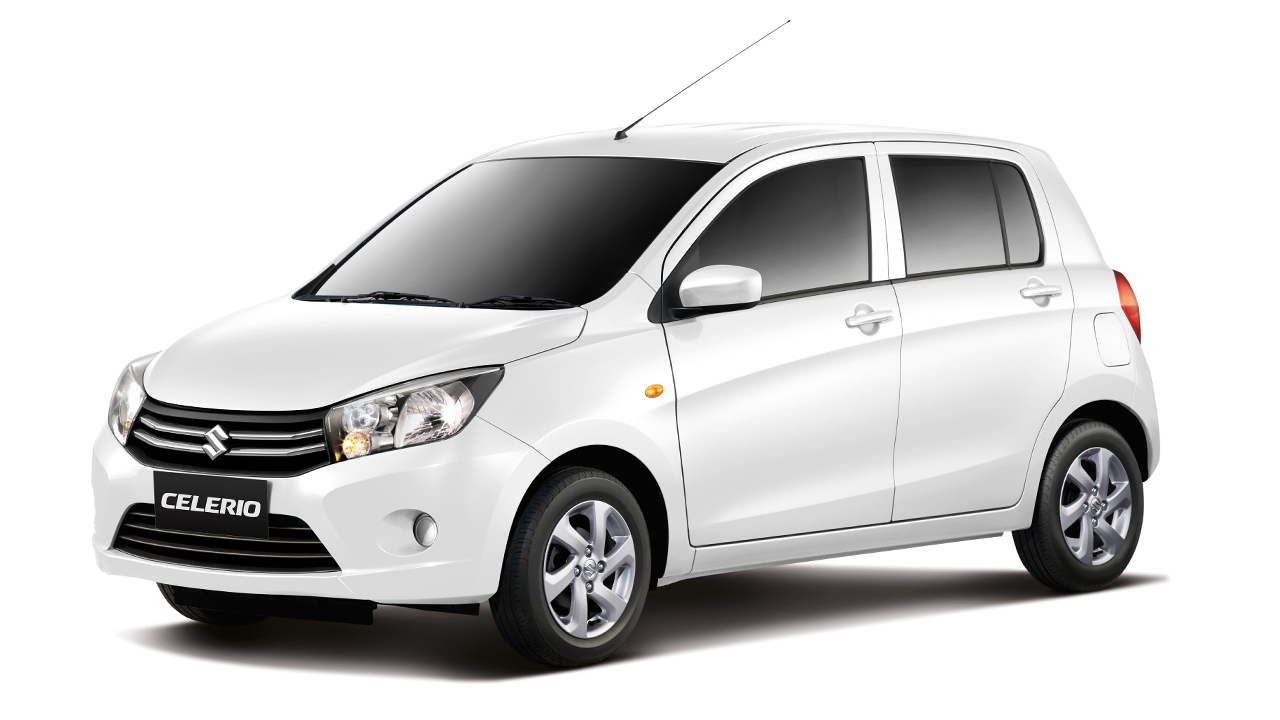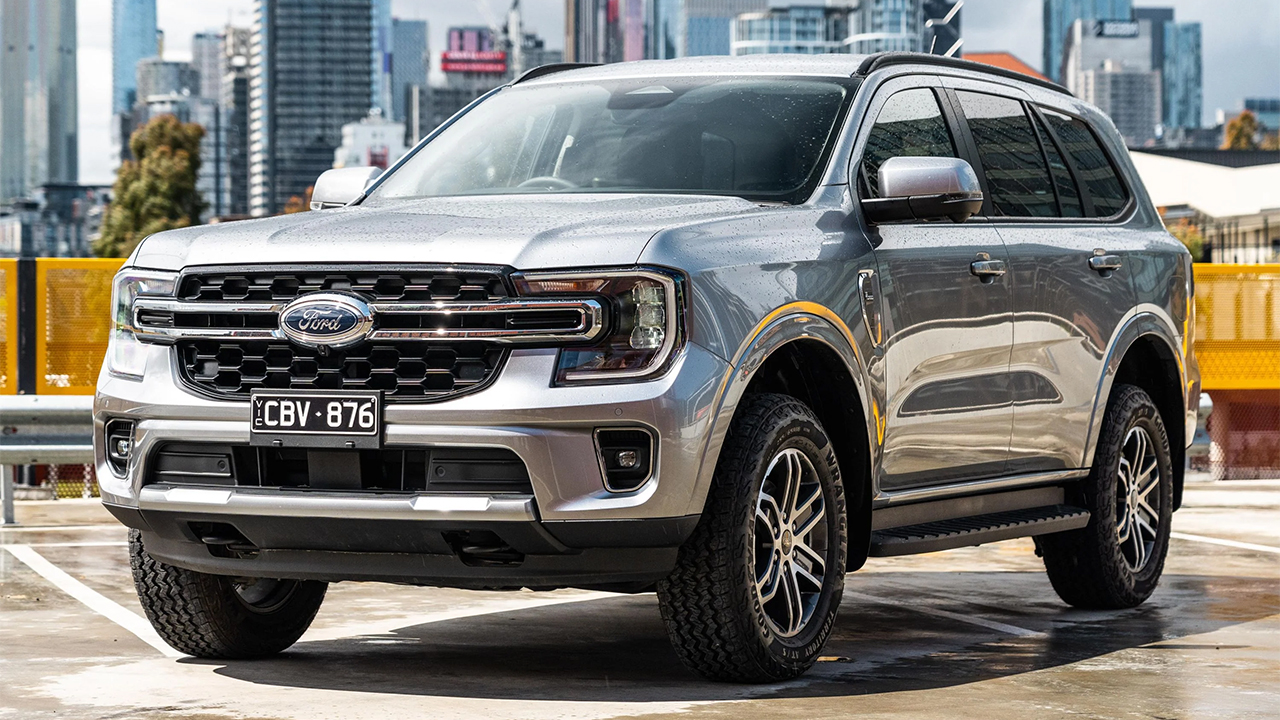General Motors and LG Energy have announced plans to adopt prismatic battery cells containing a high proportion of lithium manganese-rich (LMR) material for use in electric pickup trucks and full-size SUVs. GM aims to be the first automaker to utilize LMR batteries in such vehicles and plans to begin production by 2028.
GM stated that LMR batteries represent a significant advancement in electric vehicle technology, as conventional batteries currently in use rely on expensive materials such as nickel, manganese, and cobalt. This reliance increases production costs and contributes to the high price of electric vehicles. LMR batteries have been developed to address this issue by significantly increasing the proportion of manganese, which is a more cost-effective material. GM added that the new batteries provide higher energy capacity and density. Although technical specifications have not been disclosed in detail, it was revealed that the latest prismatic LMR cells offer approximately 33% higher energy density compared to the best-performing lithium iron phosphate (LFP) cells, while maintaining comparable costs.
With this advancement, it is expected that a new electric pickup truck will be launched with a driving range of over 650 kilometers per charge, along with significantly reduced battery costs compared to today’s high-nickel battery packs.
GM’s Director of Advanced Battery Cell Engineering revealed that the LMR battery technology is the result of over a decade of continuous research and development. He added that GM’s current electric vehicles, including electric pickups and SUVs, use NMCA battery cells composed of approximately 85% nickel, 10% manganese, and 5% cobalt. In contrast, LMR batteries have a distinctly different composition—around 65% manganese, 35% nickel, and virtually no cobalt. This change allows LMR batteries to greatly reduce dependence on high-cost materials and increase the use of more affordable ones, directly contributing to a reduction in the overall cost of energy systems in future electric vehicles.



